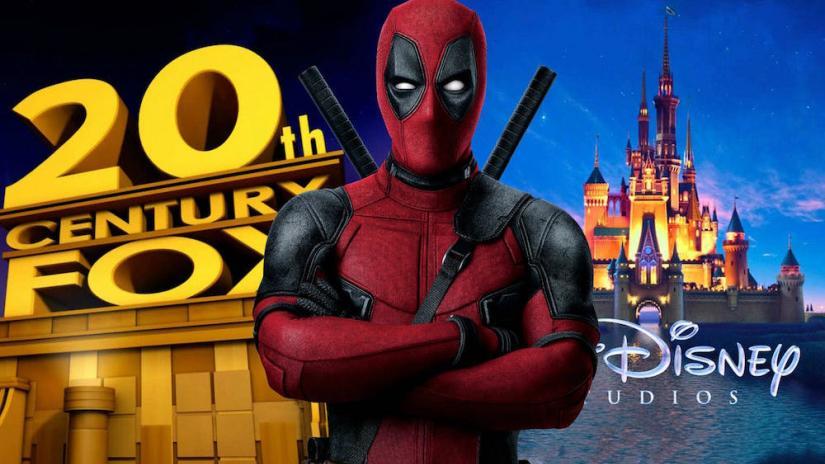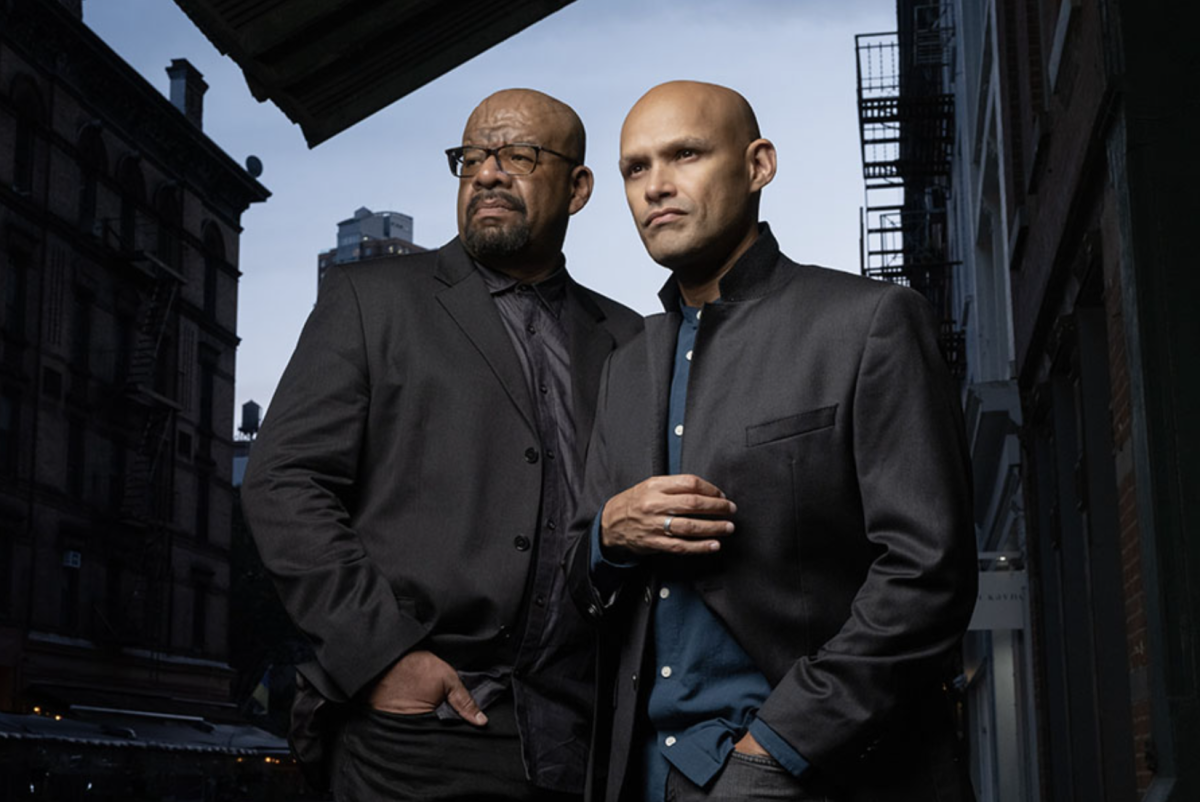The Walt Disney Company recently overcame the last few hurdles in their acquisition of 21st Century Fox, officially closing the $71.3 billion deal as of March 20 of this year. The deal comes after a bidding war between major American productions studios, including Sony and Comcast (the parent company of NBCUniversal) that lasted over the course of a few years.
Comcast and Disney engaged in fierce competition as Comcast eyed major Fox channels such as National Geographic and FX. This competition prompted Comcast to bid $65 billion in cash, topping Disney’s offer of $52.4 billion in stock. Comcast would have acquired Fox’s film and television studios, regional sports networks, various cable networks and various international properties in India and across Europe if they had placed the winning bid. Additionally, Comcast would have acquired 30 percent more stake in Hulu, totaling a 60 percent stake in the online streaming platform and the majority in the split stake between Comcast, Fox, Disney (all holding 30percent stake) and Time Warner (holding a 10 percent stake). Fox, however, rejected Comcast’s offer, fearing scrutiny from Department of Justice Antitrust Division regulators. Conversely, Disney announced their intention to “take actions required to secure regulatory approval” as well as acknowledging the fact that they would most likely be required to sell off certain properties in order to get approval.
Ultimately, Comcast announced that they would withdraw their bid for the company as Disney placed the winning bid for Fox, amending their acquisition agreement to represent the $71.3 billion they would pay in cash and stock. Additionally, Disney declared they would be taking on about $13.8 billion in net debt (total debt excluding any cash on hand), totalling a $85.1 billion transaction. Disney plans to allow shareholders to choose how they would like to shift their common shares (shares that represent a dividend of the company) as the deal closes. Shareholders of 21st Century Fox may elect to receive $38 in cash or common stock in Disney adjusted for taxes resulting in an estimated overall payout in 50 percent cash and 50 percent stocks to shareholders. The acquisition does not include Fox broadcasting and news networks including the Fox News Channel, Fox Business Network or various other business and news-related properties that will spin-off to become a new company called “New Fox.” Disney’s acquisition of 21st Century Fox means they will gain ownership over 21st Century Fox’s film production business including 20th Century Fox, Fox Searchlight Pictures, 20th Century Fox Television, FX and their associated networks as well as National Geographic, Fox Networks Group International and a majority stake in Hulu.
In order to formalize the acquisition, Disney sought approval from regulators in some of their main international markets of China, the European Union and, most recently, Brazil and Mexico. Only recently did Brazil’s Administrative Council for Economic Defense approve the acquisition on the condition that Disney sell the Fox sports channel and other related networks to promote healthy competition in sports broadcasting in the industry. Additionally, Disney has confirmed that once these properties are sold off, they will not pursue them again for a set amount of time and will allow free use of the Fox name to the buyer for the purpose of promoting the property. A similar situation unfolded in Mexico when the Comisión Federal de Competencia Económica (COFECE) expressed concerns over a potential monopoly developing. This prompted Disney to give up their stake in the branch of the company responsible for distribution in Mexico. However, officials from the Federal Telecommunications Institute have cited a possible conflict of interest as one of the former regulators was offered a job with the company. In the European Union, demanded concessions would result in Disney releasing their stake in the History and Lifetime networks across Europe. China, the second largest box-office in the world, did not request any conditions to be met. Similar concerns over Disney’s dominance in sports reporting have surfaced in the United States, where the Department of Justice approved the deal on the condition that Disney sell off 22 regional sports channels.
Disney, which already owns Lucasfilm, Marvel Studios and Pixar, and therefore, the rights to some of the most lucrative franchises in the business including the Marvel Cinematic Universe, Star Wars and Pirates of Caribbean franchises. Through the acquisition, Disney will assume ownership over even more big-ticket franchises such as the X-Men, Fantastic Four, Avatar and Simpsons franchises amongst many other hugely iconic (and successful) properties. Although many moviegoers have expressed their excitement that the acquisition will bring about new crossover franchises and finally reunite the Marvel Universe, there has been some skepticism about the power of The Walt Disney Company company going forward.
There are concerns about the financial might of Disney-Fox, that will rake in an estimated $4.25 billion domestically and $10.2 billion worldwide dominating box office shares. Additionally, critics fear Disney-Fox will dominate key release dates usually centered around major holidays with the 43 films slated for release over the next 2 years. These numbers do not include films bought from festivals under Fox Searchlight and other films that have yet to receive a release date in 2020 from Fox. Despite Disney’s immense influence in the industry, other key production companies have not shied away from challenging them at the box office. Warner Brothers’ domestic distribution head Jeff Goldstein commented, “you have to be clever when it comes to picking dates” in reference to the studio finding success in riskier timeframes not centered around holidays or the summer months. In light of the recent developments regarding another large scale acquisition between AT&T and Time Warner which faced pushback from the Department of Justice, critics question the lack of scrutiny of the Disney-Fox deal. Perhaps Disney’s influence in popular media has allowed them to form somewhat of a monopoly without significant pushback that could drastically shift how the industry looks, how it interacts with audiences and what stories will be told moving forward.




